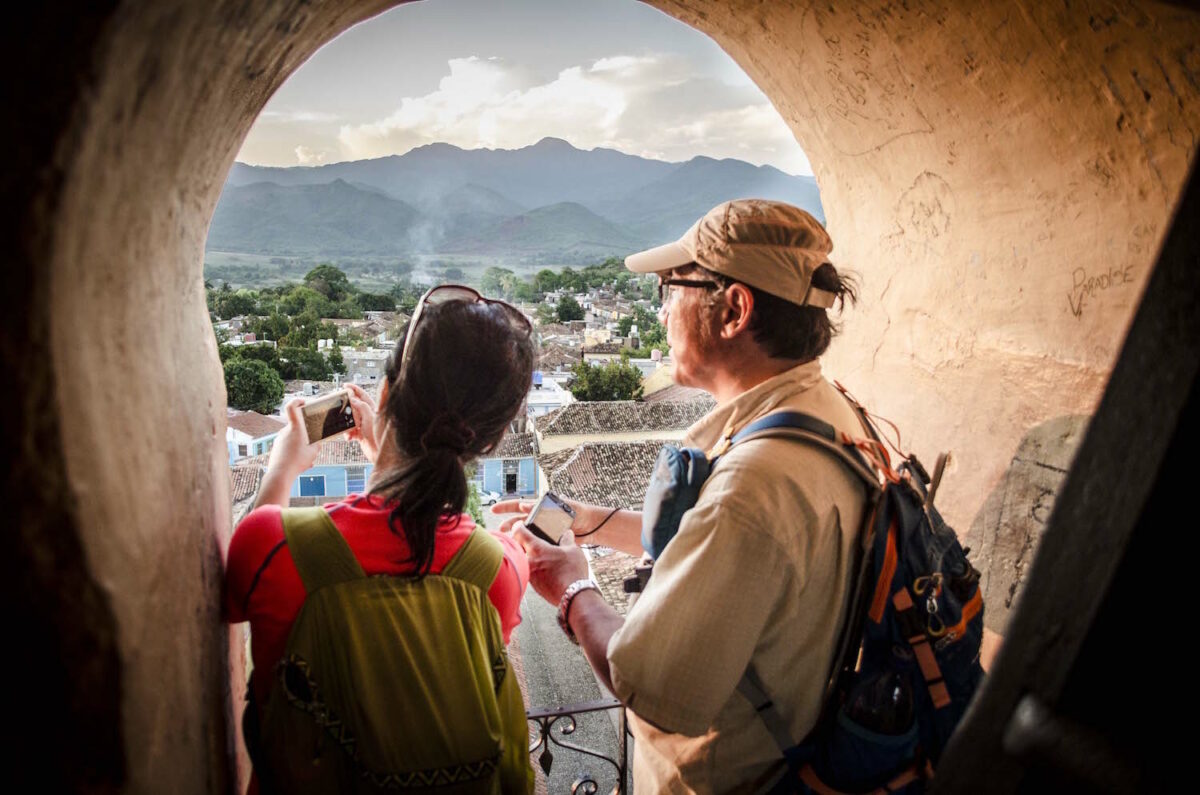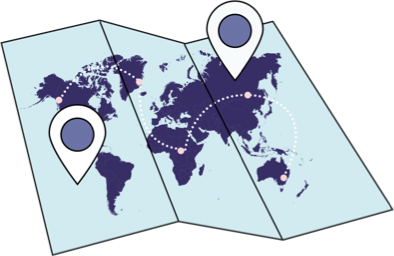The end of people-to-people travel in Cuba?
How President Trump's foreign policy is impacting US-Cuba relations?
What the embargo means for the future of tourism in Cuba
An enduring theme running through Cuba’s history is its thorny relationship with the behemoth neighbour just 90 miles across the Florida Straits. Since 1958, relations between the United States and Cuba have been defined by the longest running trade embargo in modern history, limiting virtually all imports/exports and severely restricting travel between the two countries.
Over the years the embargo has come under fierce criticism, both in the US and abroad. The United Nations General Assembly passes an annual resolution condemning the embargo, and organisations as diverse as the United States Chamber of Commerce and Amnesty International criticise the restrictions for their economic, social and human impact.
There was considerable excitement when, in December 2014, former US President Barack Obama announced plans to normalise relations between the United States and Cuba and work towards a gradual easing of the embargo.
One of the first changes was a loosening of the rules governing travel by US citizens. Whereas US travellers previously required a pre-approved license to visit Cuba (more precisely, to spend money in Cuba), the US Department of the Treasury issued several “general licenses” which permitted travel without prior approval in certain circumstances.

People-to-people tourism
One such general license was for travel with an “educational” purpose, or which facilitated “people-to-people” contact between US and Cuban citizens.
The definition of “people-to-people” travel was left vague. Officially, the rules stated that travellers must “maintain a full-time schedule of educational exchange activities intended to enhance contact with the Cuban people, support civil society in Cuba, or promote the Cuban people’s independence from Cuban authorities, and that will result in meaningful interaction between the traveller and individuals in Cuba.”
So, a programme of visiting art galleries and ballet performances in Cuba would count as meaningful, but a week on a luxury resort in Varadero was not.
The revised regulations also stated that US visitors must keep records for up to five years of their transactions while in Cuba to demonstrate a full-time schedule of authorised activities.
However, all that changed with the election of Donald Trump as president in 2016. In 2017, he reversed the policy, stipulating that Americans could only visit Cuba as part of an organised tour. A couple of months later, the Trump administration banned Americans from staying at certain hotels linked to the Cuban government.
Then, in April 2019, Trump’s national security advisor John Bolton announced plans for new regulations “to restrict non-family travel to Cuba”, with the aim of stopping American dollars reaching Cuba.
As yet, there has been no information about when the new regulations come into force or how this will affect American travellers wishing to visit Cuba. However, the impact on tourists, operators and cruise lines is likely to be severe.
At a time when relations between Cuba and the United States seemed to be normalising, this new ban on integration is likely to see a regression to previously hostile relations -- a move which can only be bad for travellers.




